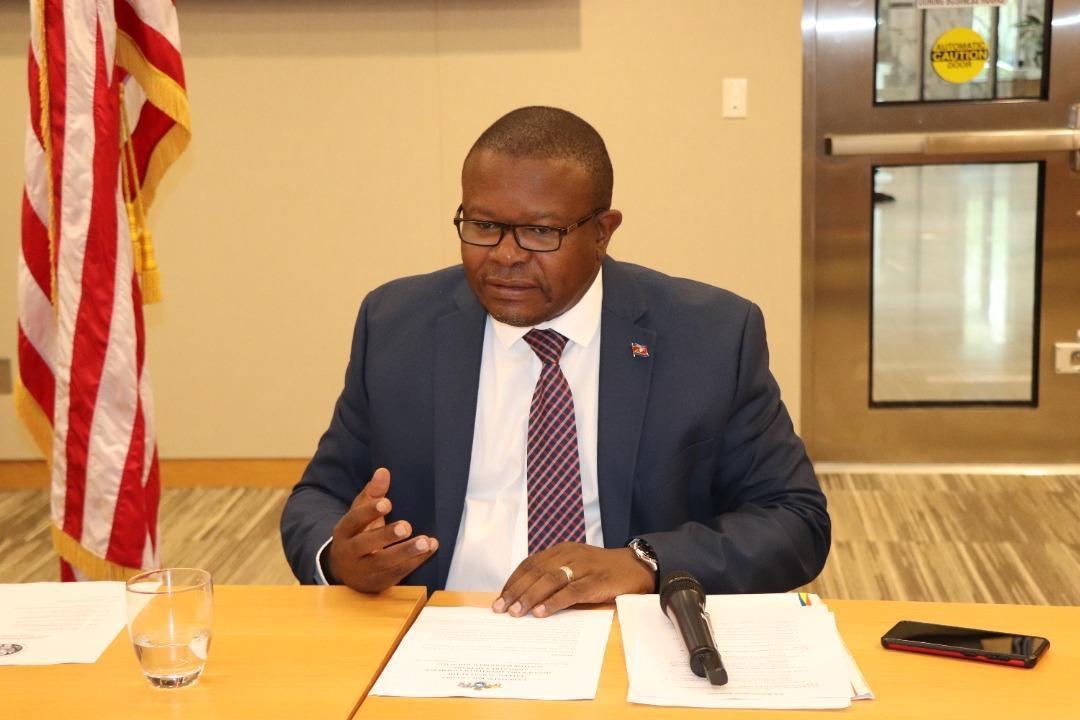Africa-Press – Eswatini. In order for the country to revive its economy and address the issues of high unemployment, there is a need for a vibrant private sector that is going to thrive.
These are some of the reactions from economists to the Minister of Commerce, Industry and Trade Manqoba Khumalo’s new strategy in attempt to address the issues raised during Sibaya. In the ministry’s strategy, the private sector took the centre stage, as it was the one expected to create more than 5 000 job opportunities, as over 10 new companies were expected to go live this year. In his reaction, Economist Sanele Sibiya said it was good to learn that the government was involving the private sector in its day to day planning. He said the private sector was the most crucial sector that would take the country’s economy forward.
Support
He said, however, it should not end by just mere involving it (private sector) in planning but government should then go an extra mile to support the private sector in order for it to thrive. Sibiya opined that government should ask the private sector what it needed in order for it to operate to the fullest. The economist said in his professional analysis of the issue, was that what the country needed right now, was the government’s focus on setting apart a budget to support the private sector. He said such an engagement should be an ongoing engagement.
The economist then touched on the mining sector as highlighted in the minister’s strategy, which reflected that the mining sector was expecting to see several mines coming back to life this year. These mines include the Mpaka Coal mine, Magomba mine, and Mhlume mine. The mines are expected to be operated by different companies including Lurco Mine and LCE Mine.
In his take, the economist said the mining sector had a huge potential to uplift the country’s economy. He said, however, his main worry was that the country had been holding the minerals for so long, and he said therefore, the country had been doing justice for the longest time, where the minerals were not mined, they would be extracted and transported while not beneficiated. He said therefore his professional advice would be ensuring that the country was able to extract the minerals, process and transport it in their semi-finished product.He added that the agro-value chain intervention highlighted in the minister’s strategy, was another important aspect but it was high time it becomes operationalised, as it had been said over and over again, but not practicalised.
Pertinent
Sibiya said the minister’s overall strategy was quite an interesting one and would require extra efforts into seeing it comes to action. He said otherwise it spoke about the pertinent issues that were affecting the citizens of this country. He noted that the issue of unemployment was one key issue that required urgent attention. On the issue of factory shells, Sibiya said it was important to build them, in order to reduce the burden from the investors. He said, however, what he found peculiar about it, was that the country had invested so much on the factory shell programme, but when it came to operating and attracting the investors, it was quite difficult.
He said the factory shells used to be impactful during the times when AGOA was still effective for Eswatini. He said, therefore, it would be much effective to be building them for already existing investors, who were ready to come and invest in the country.
For More News And Analysis About Eswatini Follow Africa-Press







